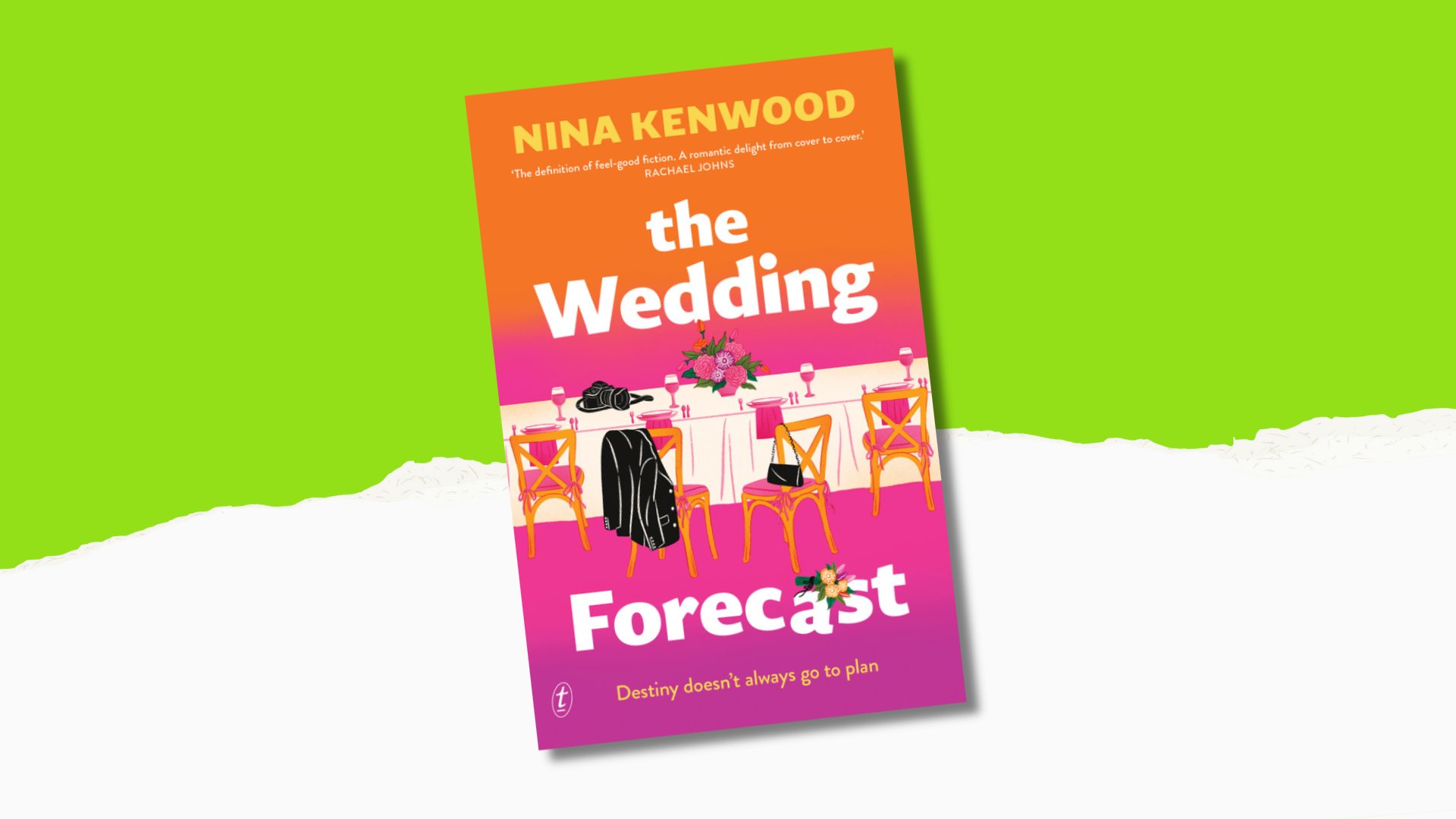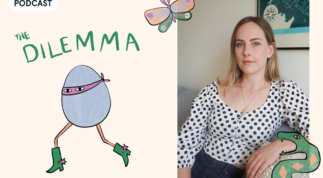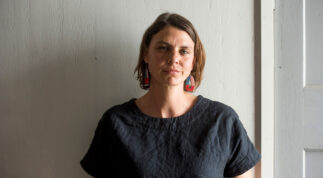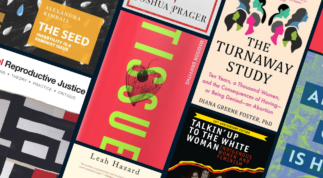For many romance readers, the notion that feminism and rom-coms are at odds, would seem perplexing. While there are definitely romance books that do not sit comfortably with feminist perspectives on sex and consent, on the whole romance fiction, particularly contemporary sub-genres like ‘romantasy’ (where romance meets fantasy), is written by women, for women. Most pass the Bechdel test with ease, providing readers with some much needed distraction in turbulent times.
In recent years, the number of romance devotees has risen exponentially worldwide, in part fuelled by BookTok, a TikTok sub-community where people share and review books, with romance reads being particularly popular. According to Alexandra Alter’s New York Times article (“Romance Bookstores Are Booming, Dishing ‘All the Hot Stuff You Can Imagine’”, July 7, 2024) more than 20 dedicated romance book stores have opened in the last two years in the United States — up from just two — all owned and operated by women. Stats also show, unsurprisingly, that women are by far the largest consumers of such books; according to Circana Bookscan, sales have risen from 18 million copies of romance fiction in 2020 to 39 million in 2023.
Despite this growth, some view romance with suspicion, arguing that certain narratives may reinforce harmful gender stereotypes or idealise problematic relationships. However, given that women are the majority of romance readers, overlooking the genre means completely sidestepping women’s real desires. Women are seeking out these stories. The question is, why? Is it the promise of exploration without consequence, the potential to subvert gender roles, or simply escapism?
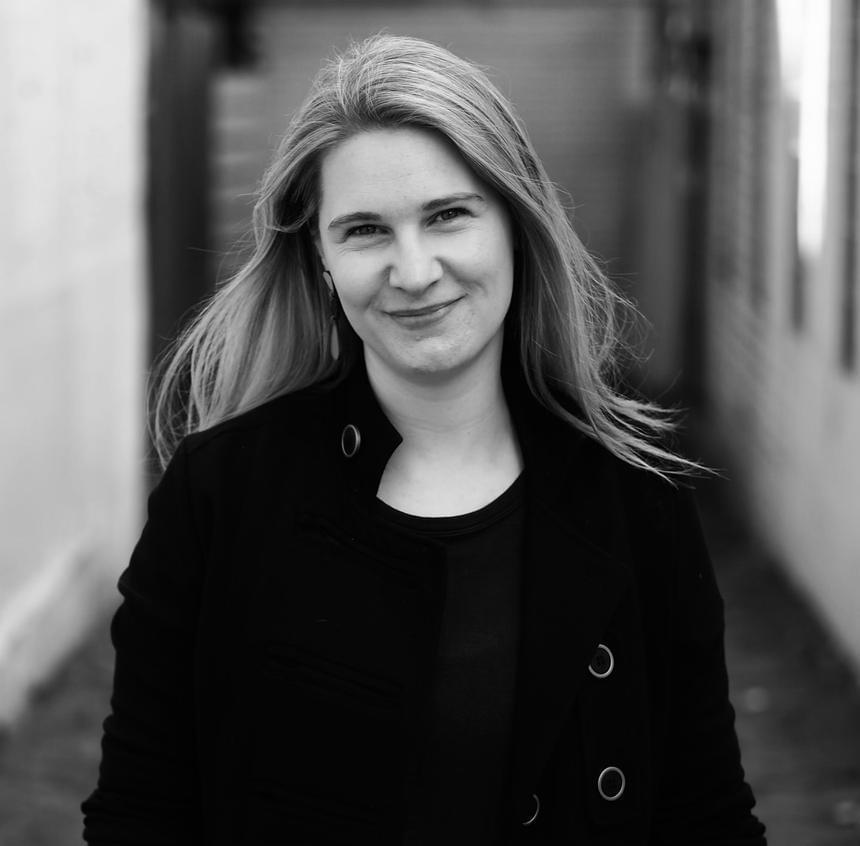
Nina Kenwood, author of ‘The Wedding Forecast’ (Text Publishing, 2024)
To learn more, VWT communications manager Ally Oliver-Perham spoke with Australian writer Nina Kenwood, author of a number of Young Adult novels including, It Sounded Better In My Head and her first book for adults, The Wedding Forecast (out now via Text Publishing) to get her take on romance, BookTok, and what it is about weddings that makes for a good story.
Ally: So first off, I loved the book. I think I read it in two days, in between parenting and things. It was a delight!
Nina: Oh, thank you!
A lot of adjectives have been thrown around describing it as, ‘feel good’ and ‘heartwarming’. From your perspective, why are books like this so essential at the moment?
Dark times call for happy books, I think, and rom-coms have had such a huge boom over the COVID times. That’s sort of when contemporary romance and rom-coms really had this massive sales boost, and that had a very clear connection to COVID and the need for uplifting, happy endings, all of those things. But I think there’s always a place for a love story. I mean, people have loved love stories forever.
And as the title suggests, ‘The Wedding Forecast’, you use the very fertile ground of a wedding as the launch pad for the story. Why were you drawn to that particular setting?
I just went through a phase in my life where I had been to something like 25 weddings over a period of years. Y’know, you hit that period in your twenties to thirties, and I was going to a lot of weddings and it’s such fertile ground for a writer. Emotions are high. As a writer I’m always looking for a setting that allows you to bring all the characters together. It’s a juicy setting.
I knew I wanted to write a book set at a wedding. I originally thought the whole book was going to be set over 2 days at a wedding, but as I was writing it, the story took on its own life, and became a longer journey for the characters.
Well, I loved it. I found the characters to be very believable and the banter between them was just so on point. Did you have to work hard at that? Or did it come naturally?
I love banter, and I love dialogue. I think every writer has something that they are that they love and that they hate. Dialogue and banter, that’s fun and that comes to me more easily than some other parts of writing. I guess part of the reason I’m drawn to rom-coms is that it’s so much fun, and the whole book kind of hinges on creating chemistry and tension. And a lot of that happens through conversations.
As you touched on earlier, we’ve had this real rise in romance fiction in recent years, largely thanks to BookTok. What do you really make of that?
I think it’s great! Especially at a time where, one of the big things you’ll hear teachers talking about is, how do we get young people reading? BookTok has exploded, and has gotten so many young people reading, and that can only be a good thing. In my eyes — and I know there’s a lot of criticism about, y’know the kinds of books people are reading or how they’re reading, or how they’re talking about books — but I think that’s all irrelevant.
BookTok is a huge space, it’s a real community. There’s a lot of people there talking about literary fiction. There’s a lot of people there talking about nonfiction. It’s a big space where you can find your people. A lot of people who’ve come to reading through BookTok, actually hadn’t read in a really long time. And I think it’s really exciting that technology can bring people back to the paper book.
Absolutely. Also, we have to acknowledge that these readers are mainly women. What is it about romance that particularly speaks to women?
I think it’s a genre that takes women seriously, that centres their feelings, their concerns. Romance often crosses over with women’s fiction. And you have these main characters, who are often women, who have also got career stuff going on, or they’ve got, you know, family stuff, friendship stuff. It’s a genre that is really giving you a slice of a woman’s life often, and taking love seriously as well.
Romantic love is a big part of many people’s lives, and as I said, a love story is something that people have enjoyed since stories began. I think it’s a wonderful place, that takes romantic love seriously, takes women seriously, while you can still have a lot of fun. There are some pretty wild books out there, like alien love! And there’s a book I saw that’s about a relationship between a woman and a door.
Yeah, I saw one about a relationship between a woman and a fork!
Yes! So you know, it doesn’t always have to be taking things seriously, but as a whole, it is really wonderful, warm, and fun. And sometimes heartbreaking, sometimes sad, but to be a romance book, you have to have a happy ending. In an era of sort of online dating and rise of loneliness among a lot of young people, to have a happy ending is an important thing, too.
Hmm! There’s a comfort there. And you have people who say that as a genre, romance is so feminist, for all the reasons that you’ve just outlined. And then we also have some feminists who really deride it, as not being worthy of women’s attention.
Do you think that feminism and romance can peacefully coexist? Or is there just an inherent tension that will never go away?
No, of course it can! Some of the most beautiful, heartbreaking, amazing literature out there, sits in the romance genre. And just because a book is a romance or a rom-com certainly doesn’t make it feminist, but it absolutely can exist in a feminist space. And I think also, this idea that people who read romance aren’t reading anything else is wrong. I mean, you’ve got readers who will read all kinds of things, and romance can be part of that reading scope, or it can be all someone reads. But yeah, I think absolutely it can be. You can very easily create your own feminist reading list within the romance genre.
This interview has been edited for clarity and brevity.
 Ally Oliver-Perham
Ally Oliver-Perham
When she’s not managing communications at VWT, you will find Ally cheerfully bouncing on her toddler’s trampoline (with or without said toddler) or sneaking in few pages of a book. With a passion for gender equality, Ally’s interested in meaningful ways we can work together for social good.
